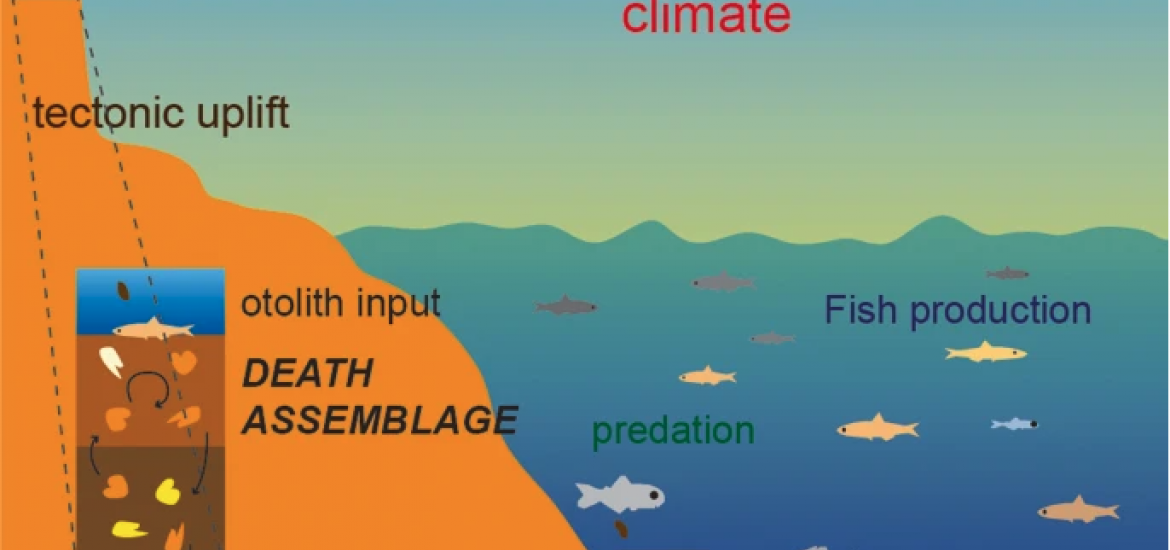- Home
- All News Overview
- Potential and Limitations of Applying The Mean Temperature Approach To Fossil Otolith Assemblages

Tuesday, 19 April, 2022
In their first paper under the Q-MARE working group name, Agiadi, K. et al have published in Environmental Biology of Fishes on the "Potential and limitations of applying the mean temperature approach to fossil otolith assemblages".
The authors explore the applicability of the mean temperature approach to fossil fish faunas by using otolith assemblage data from the eastern Mediterranean and the northern Adriatic coastal environments of the Holocene and Early Pleistocene.
Their findings show that the mean temperatures of the otolith assemblage "can successfully capture compositional shifts in marine fish faunas based on variations in their climatic affinity driven by regional climate differences. However, the index is sensitive to methodological choices and thus requires standardized sampling."
However, the authors also point out that there are limitations and requirements of the MTO approach and argue that their study also provides practical guidelines for future studies that rely on the MTO approach. Specifically, the authors reveal that "isolating size fractions in individual samples gives drastically different MTO values (Fig. 4). Similarly, mesh size has been shown to affect the estimation of a variety of ecological parameters for both fossil (e.g., Bush et al. 2007) and living assemblages, including surveys of fish communities (e.g., Bethke et al. 1999; Godø and Walsh 1992; Millar and Walsh 1992).This means that comparing death and fossil otolith assemblages based on MTO cannot be done without standardizing sample processing, specifically sieve size."
> Access the article
> Find out more about the Q-MARE working group